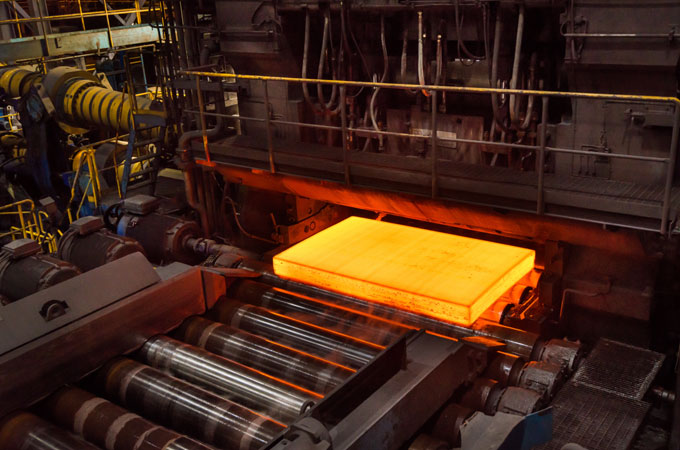SSAB, a Nordic and US-based steel company, said it has reached an agreement with Italian crane manufacturer Fassi for future deliveries of steel produced with virtually zero fossil carbon emissions.
The deal includes steel produced from both iron ore and recycled scrap to be used in Fassi’s hydraulic and truck-mounted cranes, said SSAB in its statement.
Fassi, one of the world’s largest loader crane manufacturers, has pioneered the use of advanced structural steels in cranes.
With SSAB’s Strenx steel, Fassi has added lifting power, reduced weight and extended reach for their heavy-duty cranes.
Now SSAB and Fassi will together expand their long-running partnership to include future deliveries of SSAB Fossil-free steel and SSAB Zero.
By doing this, Fassi will be able to bring to market a new generation of cranes with radically reduced CO2 footprint, it stated.
On the new deal, Per Elfgren, Head of SSAB Special Steels, said: "We are proud to partner with leading companies that share our passion for innovation, sustainability and unique advanced products. We look forward to deepening our collaboration with Fassi by delivering premium high-strength steel produced with significantly lower carbon footprint."
CEO Giovanni Fassi said: "Innovation is a projection towards the future. And there is no future without sustainability. For this reason, we have chosen to participate with enthusiasm and determination in this partnership with SSAB to develop our cranes of tomorrow."
Fassi, he stated, is a Leader in Innovation and this is the reason why the company has always invested in projects, processes and products with a strong vision oriented towards the future, also from a sustainable perspective.
Fassi has created its "Innovation Center" where every day an entire work team is responsible for designing, testing and developing new solutions in the lifting field.
Traditional steel production accounts for around 7% of global CO2 emissions, with both primary steel and recycled steel production contributing to emissions.-TradeArabia News Service































